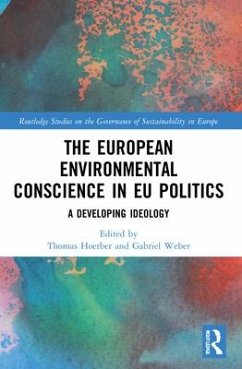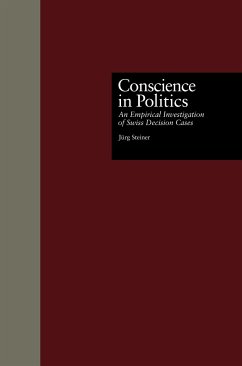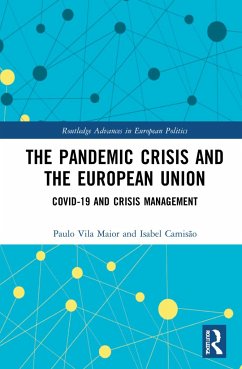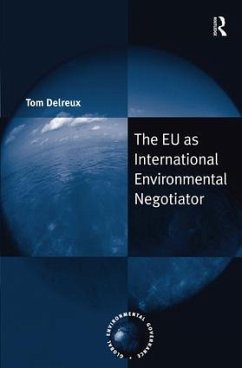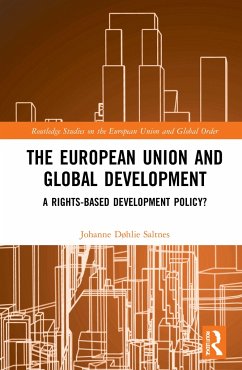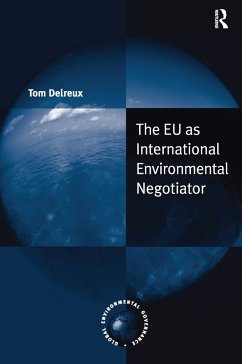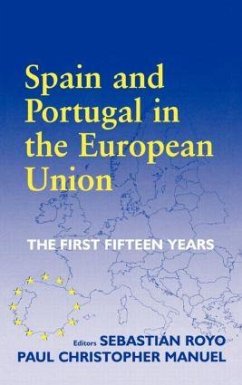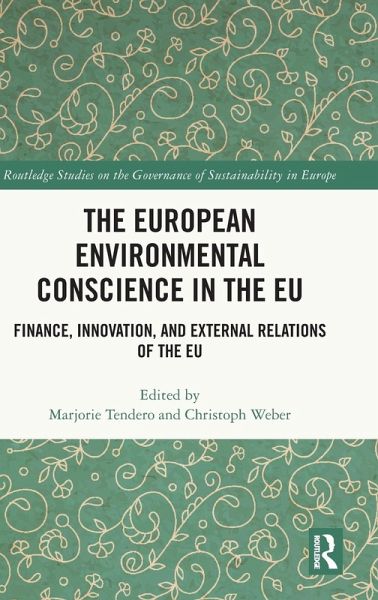
The European Environmental Conscience in the EU
Finance, Innovation, and External Relations of the EU
Herausgeber: Tendero, Marjorie; Weber, Christoph
Versandkostenfrei!
Versandfertig in 1-2 Wochen
179,99 €
inkl. MwSt.
Weitere Ausgaben:

PAYBACK Punkte
90 °P sammeln!
This book analyses how sustainability affects internal decision-making within the European Union and its external relations in working towards achieving its long-term goal of a climate-neutral Europe by 2050.





